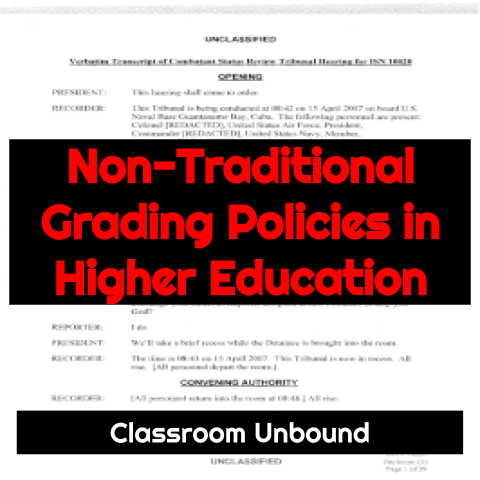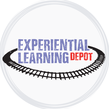Personalized Learning Buzz Words: What are they and what do they mean?I talk a lot about personalized learning in this blog, which I'm not sure I've ever explained. I just talk about it here as if everyone knows what it is. Everyone likely has a basic understanding of it based on the words themselves. It's learning that is personal. Students learn by having their personal needs met and interests considered. Personalized learning by nature accounts for and works around differing abilities and skill levels.
Some words associated with personalized learning that I often use here include: competency-based learning; autonomy, mastery and purpose; differentiation; student-directed; mastery-based; proficiency-based; interest-driven; project-based; and self-efficacy. This article does a really great job of defining these words and explaining why they're important. As a parent I want my children going to school where the meaning of those terms are considered and applied to my child's education. What approaches do you take to personalize learning in your classroom? I'd love to hear some ideas. Have a fantastic weekend, everyone! Hope, Agency, Mastery and Other Terms Educators are Redefining, by Anya Kamenetz
0 Comments
Happy college season! For some, that season is long over, having completed early applications over the summer. Phew! Now all you have to do is wait! For some, you're still trying to get everything figured out. Preparing application materials for deadlines, considering a gap-year. Maybe even wondering if college is for you at all. I get that. I've been there! College is truthfully not for some in my opinion. You do you!
|
Blog IntentTo provide innovative educational resources for educators, parents, and students, that go beyond lecture and worksheets. AuthorSara Segar, experiential life-science educator and advisor, curriculum writer, and mother of two. Categories
All
|




 RSS Feed
RSS Feed